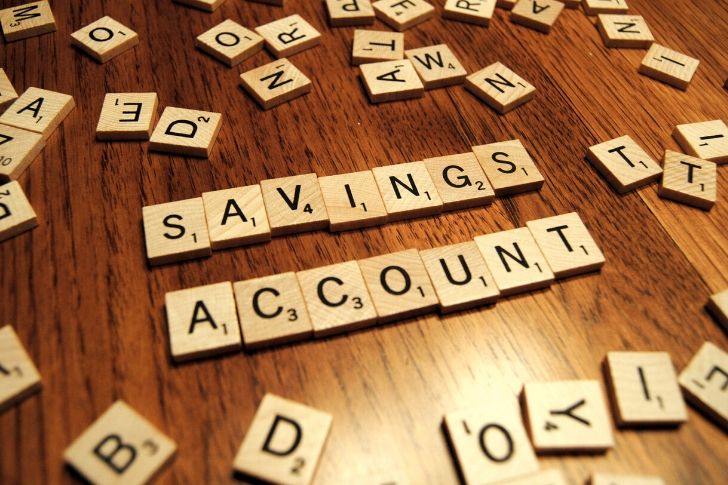A savings account is the most common type of bank account. It’s probably the first account many of us ever had. Your parents probably opened one for you when you were too young to open one for yourself.
Savings accounts allow you to keep your money safe and let you earn a small amount of interest each month. They usually require a low balance or no balance at all, depending on the bank you opened your account with.
But how do savings accounts work in the first place? Here’s a quick low-down to help you understand.
1. Savings accounts are investments.
When you save your money in a piggy bank or a safe in your home, there’s a big chance of it being lost or robbed from you. Banks and credit unions, on the other hand, are equipped with security surveillance and fireproof safe to protect your money from harm.
They ensure your money (up to $100,000) through the Federal Deposit Insurance Corporation (FDIC). So even if your bank goes out of business, your money will still be available for you to withdraw. This is a safety measure employed in 1933, after the crash of 1920-30’s that saw the closing of thousands of banks.
Additionally, not only are they security investments, but saving accounts also grow your money by earning interest. The interest rate depends on the bank you’re doing business with. It’s how a bank makes money by using your money to fund the business or personal loans of other people and paying you through interest.
How does this work?
– Somebody (you) opens a savings account at Bank A.
– Your money gains a certain percent of interest. This is what the bank pays you for allowing them to loan money to other people.
– Bank A loans money to other people at a higher interest rate.

2. Types of savings accounts
Know that the amount of interest your money makes in a saving account depends on the type of institution you’ve selected. Here’s where the age-old battle begins: banks vs. credit unions.
Banks are commercial businesses, while credit unions are non-profit cooperative organizations organized by different types of people. A good example of this is the State Employees Credit Union, which is made up by, you guessed it, state employees.
Pros & Cons of Credit Unions
Pro – Less expensive personal or business loans
Pro – Credit unions sometimes pay interest on accounts that banks don’t usually pay interest on, like checking accounts.
Con – Lower interest rate for your money
Con – You have to be part of their union to open an account.
Banks, on the other hand, provide two types of saving accounts: basic savings account and a money market account.
a. Basic Savings Account
Basic savings account or sometimes called as a passbook savings account, have little to no minimum balance requirement and often offers very low interest rate. Usually, the rate is only less than 1% a year. However, you can withdraw your money whenever you need or want to.
b. Money Market Account
Money market accounts are stickler in how much money you have in your account. They usually give a higher interest rate but require a set more amount of money in your account. Unlike the basic savings account, you are limited to how many withdrawals you can make in a month.
3. Things to check before choosing your bank
There are not many requirements to open a savings account. Aside from paperwork for identification, you have to look at the following requirements:
– Fees and service charges on the account
– Minimum balance requirements
– Interest rate paid on your balance

4. What comes after opening a savings account
You now have your savings account. After opening your account, you’ll be given a register where you’ll begin to record your balance and your following deposits and withdrawals. It helps you keep track of how much money you’re putting into it and how much you’re taking.
Each month, your bank or credit union will send you a statement of your account via email or mail. This will include your balance and all your transactions, which should match what you’ve written in your register.
If not, you can visit your bank or credit union to file a report.
That’s the basics of savings accounts! Choose wisely and let it be a weapon of change and progress for your financial health.
Based on Materials from How Stuff Works
Photo Credits:
Mike Cohen/Flickr
GotCredit/Flickr
Pictures of Money/Flickr

